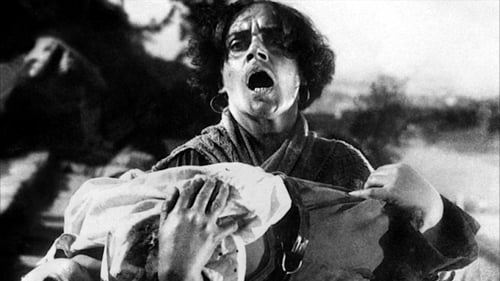Jay Leyda
Nascimento : 1910-02-12, Detroit, Michigan, USA
Morte : 1988-02-05
História
Jay Leyda (February 12, 1910 – February 15, 1988)[1] was an American avant-garde filmmaker and film historian, noted for his work on U.S, Soviet, and Chinese cinema, as well as his collections of documentation on the day-to-day lives of Herman Melville and Emily Dickinson.
From Wikipedia, the free encyclopedia


